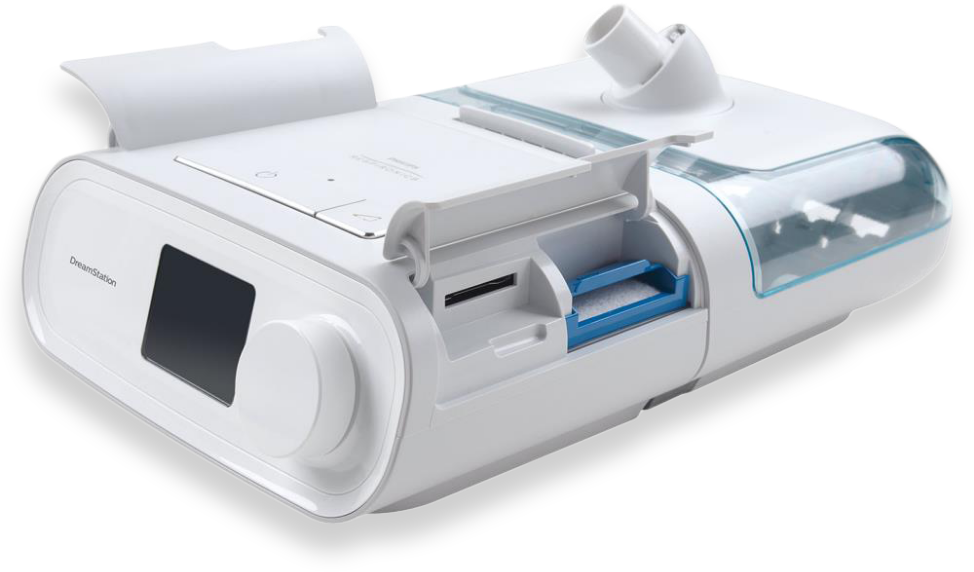When (And When Not) To Use A Nebulizer
The nebulizer is a wonderful invention that helps to turn medicine into mist, so that it can be inhaled by patients who need treatment in such a manner. Medical machines like nebulizers can indeed be rather puzzling at times, so we at Patient Solutions would like to provide you with some tips on when you should be using a nebulizer (and when you shouldn’t be using one).
When and for Whom Should a Nebulizer Be Used?
Nebulizers are very much like inhalers, in the sense that both deliver medication to the lungs to help with respiratory issues.
If you are using an inhaler and find that it is not as effective as it should be, your doctor could suggest that you use a nebulizer instead. A nebulizer makes it much easier to take your medication because it aerosolizes it, turning medicine in liquid form into a gaseous mist which can then be administered to you via inhalation. To use a nebulizer, put the mouthpiece over your nose and mouth and breathe in. The mist will deliver the medication directly to your lungs and enter your bloodstream.
If you have a child who is too young or too frightened by the idea of using an inhaler, you may opt for a nebulizer that is designed for children, which would make the process of treatment much less painstaking.
You may benefit greatly by using a nebulizer for medicines that require a regular dose over an extended period, especially in the case of conditions such as asthma. Corticosteroids that are inhaled are the most routinely used kind of long-term medicine. Corticosteroids are potent medicines with anti-inflammation properties that people use in the long-term treatment of allergies and allergic reactions.
In the event of an asthma attack, a nebulizer can give fast relief, and can even be life-saving in more serious cases, by delivering what is known as rescue medicines. These medicines come in the form of a solution, and your healthcare provider will educate you on how and when to use them. You will also be told what to do if the medicine does not work.
Another scenario in which it is recommended to use a nebulizer is one in which a patient is incapable of breathing in a coordinated way or if they cannot coordinate the movements of their hands and breath. This issue is most commonly found in the elderly and very young children. As long as the patient is able to breathe, nebulizers will work perfectly.
Nebulizers for home use may also greatly benefit patients who have breathing issues such as low-volume breaths or the obstruction of the flow of air in the respiratory system. Nebulizers will also benefit those whose medications are unavailable for use in traditional inhalers.
When to Not Use a Nebulizer
With the current pandemic situation, there is fear that sharing nebulizers may lead to the transmission of the COVID-19. In fact, hospitals have reduced the use of nebulizers due to this health safety concern. So, if you have been hospitalized for some reason, try not to use a nebulizer if possible.

